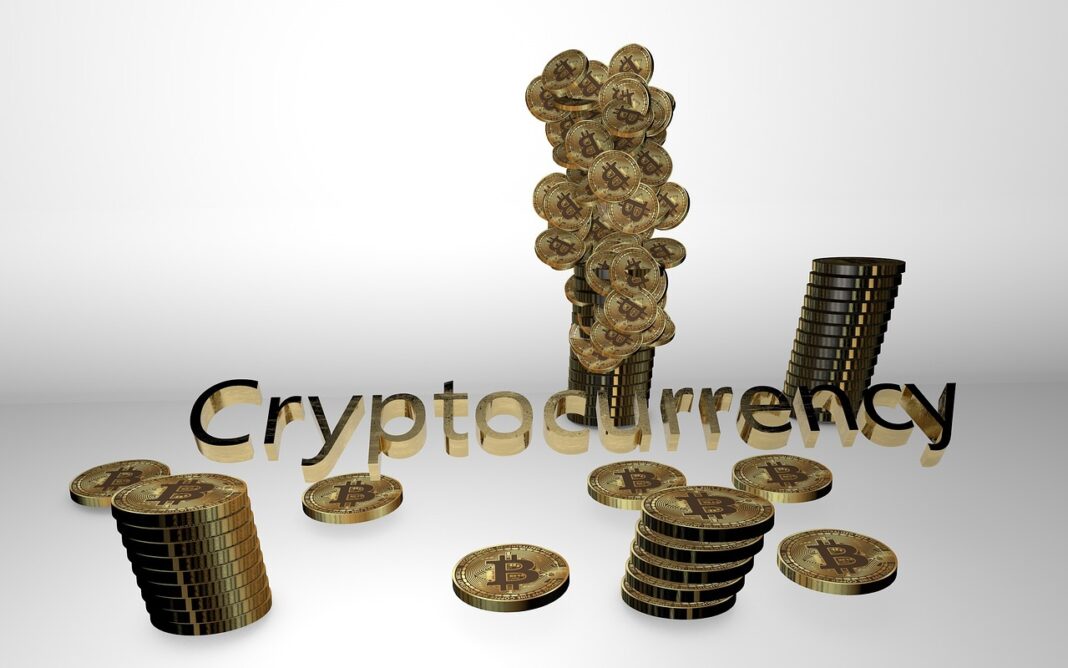The Rise of DAOs in the Digital Age
Introduction
In a world where technological advances redefine every aspect of daily life, Decentralized Autonomous Organizations (DAOs) stand out as pioneers in transforming how we approach governance. DAOs are reshaping the very concept of how decisions are made, replacing traditional centralized models with a digital structure built on transparency, community participation, and smart contracts. By shifting governance from traditional corporate and institutional models to autonomous, blockchain-based ecosystems, DAOs allow anyone with an internet connection and an interest in the project to participate in decision-making.
This article dives into the mechanics, benefits, challenges, and potential future of DAOs, examining how these innovative organizations are changing governance in finance, technology, media, and beyond.
What is a DAO? A Primer on Decentralized Autonomous Organizations
A Decentralized Autonomous Organization (DAO) is an entity governed by smart contracts rather than individuals or a board of executives. In essence, DAOs are self-executing, community-driven organizations that use code to handle governance decisions. Participants, often called token holders, collectively make decisions, with each vote cast based on their token holdings.
DAOs contrast sharply with traditional governance models, where decision-making is often hierarchical and centralized. By design, DAOs are structured to be transparent, distributed, and autonomous, empowering individuals to participate directly in the direction of the organization.
Core Components of DAOs: Technology and Governance Mechanisms
For a DAO to operate effectively, certain components are essential:
- Smart Contracts: These self-executing contracts lay the foundation for DAO operations by automating processes. They enable autonomous actions, such as disbursing funds or enforcing rules, based on predetermined criteria.
- Tokenomics: Governance tokens give participants voting rights. The design and distribution of these tokens are essential as they determine the level of influence individuals have over decisions.
- Community and Consensus Models: DAOs depend heavily on community engagement, with voting and consensus models varying from simple majority votes to more complex mechanisms like quadratic voting, which adjusts the weight of votes based on the number of tokens held.
Types of DAOs and Their Use Cases Across Industries
DAOs are versatile, and several specialized types have emerged:
- Protocol DAOs: These govern decentralized protocols, like Uniswap, where governance decisions directly impact the operation of the underlying protocol.
- Investment DAOs: Participants pool capital to fund projects collectively. They operate like decentralized venture funds, where voting influences which projects receive investment.
- Social DAOs: Fostering communities based on shared interests, social DAOs create exclusive networks where members contribute to decision-making and have access to unique benefits.
- Service and Media DAOs: These DAOs are emerging in areas like freelance work and content creation, where decentralized governance offers collaborative decision-making across dispersed communities.
How DAOs Are Reshaping Traditional Governance Structures
DAOs fundamentally challenge the notion of centralized governance. Unlike corporations where executives make decisions, DAOs empower token holders, allowing for broader participation in critical governance issues. This shift toward inclusivity brings transparency, as decisions and funding allocations are visible on the blockchain, and agility, as DAOs can quickly adapt to community needs without bureaucratic delay.
Examples like MakerDAO, which manages its DAI stablecoin protocol through token-based governance, showcase how DAOs can introduce decentralized structures even in traditionally centralized fields like financial management.
The Role of Voting and Decision-Making in DAOs
In DAOs, voting is typically conducted through a governance token system. Each token represents a voting right, giving holders a say in protocol upgrades, fund allocations, and overall strategy. However, this system is not without its challenges; low participation rates and the influence of large token holders can skew decisions.
To address these issues, DAOs are experimenting with innovations like quadratic voting, which aims to reduce the impact of whale votes, and conviction voting, which requires participants to hold their voting position over time to show commitment to a decision.
Benefits of DAOs in Governance: Why Decentralization Matters
DAOs bring several benefits to governance:
- Transparency: Blockchain records all decisions, allowing any participant to audit them.
- Inclusion: With no central authority, DAOs empower all participants to influence direction.
- Agility: Decisions in DAOs can often be implemented quickly, allowing organizations to respond rapidly to new opportunities or challenges.
DAOs align well with the values of the blockchain community, offering a governance model rooted in accountability and collective empowerment.
Challenges and Risks of DAO Governance
Despite their advantages, DAOs face significant challenges:
- Security Concerns: Smart contracts, while efficient, can be vulnerable. Hacks and vulnerabilities remain serious risks for DAOs, as demonstrated by past incidents like the infamous 2016 Ethereum DAO hack.
- Legal Uncertainty: Regulatory bodies are still grappling with how to categorize and regulate DAOs, with questions around taxation, liability, and participant protection.
- Scalability and Coordination: As DAOs grow, maintaining active engagement and coordination becomes challenging. Large DAOs may struggle with governance deadlocks or low voter turnout.
These challenges highlight areas where DAOs need further development to reach their full potential.
Case Studies: Successful DAOs Transforming Governance Models
Several DAOs have already demonstrated the power and potential of decentralized governance:
- MakerDAO: Known for DAI, a stablecoin governed by a DAO, MakerDAO has proven that decentralized financial governance can be effective. Through its community voting, MakerDAO has managed protocol upgrades, risk parameters, and economic policy changes without a central authority.
- Uniswap: As one of the largest decentralized exchanges, Uniswap’s DAO governs protocol changes and funding decisions, allowing token holders to shape its future through a community-driven approach.
- Friends with Benefits: A social DAO, Friends with Benefits curates a digital community where members participate in creating content, hosting events, and networking.
- Gitcoin: This DAO funds open-source projects through community-governed grants, showcasing how DAOs can support public goods through decentralized funding and decision-making.
These case studies illustrate how DAOs can lead innovation in various industries, from finance to social networking and development.
The Future of DAOs in a Decentralized World
As the DAO model matures, the potential for decentralized governance extends beyond blockchain applications. DAOs could influence public governance, corporate structures, and nonprofit management, offering more inclusive decision-making structures for a variety of sectors.
Growth Areas for DAOs
In the future, DAOs are expected to expand into areas such as cross-chain interoperability, allowing DAOs to interact across multiple blockchains, and legal frameworks, providing clarity on DAO participant rights and responsibilities.
Closing Thoughts: The Path Forward for DAOs in Reshaping Organizations
DAOs are at the forefront of decentralized governance, leading a shift towards more transparent, inclusive, and agile organizations. While there are challenges to overcome, the impact of DAOs is undeniable. By decentralizing decision-making, DAOs create new possibilities for how we organize, manage, and grow communities, businesses, and initiatives in the digital age.














